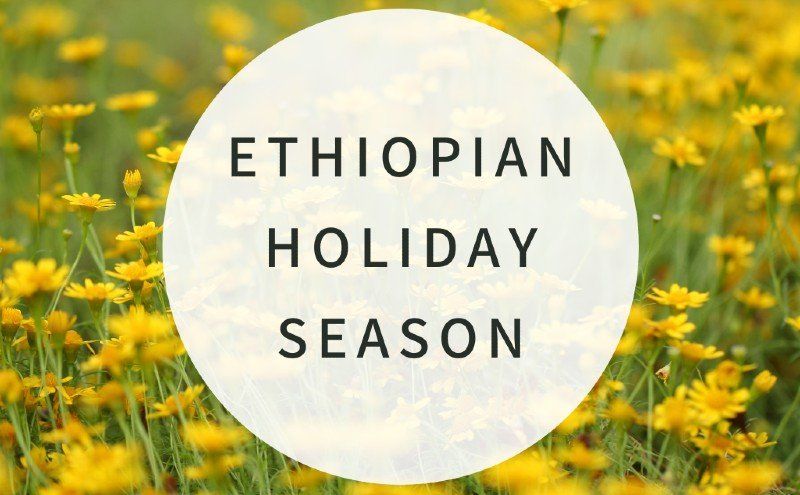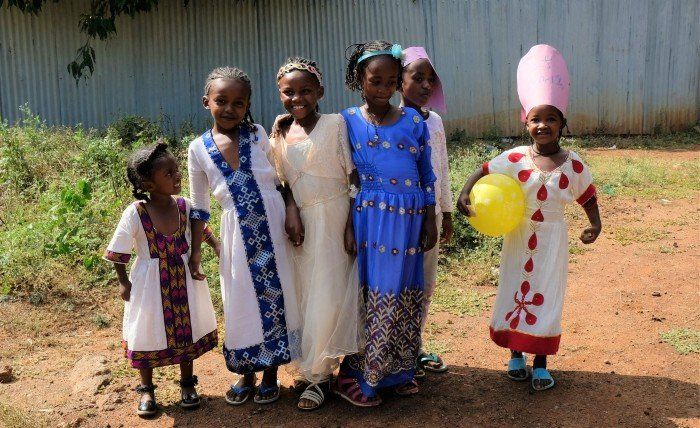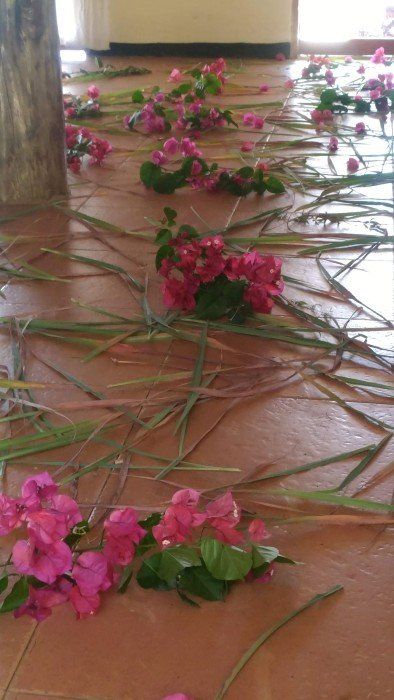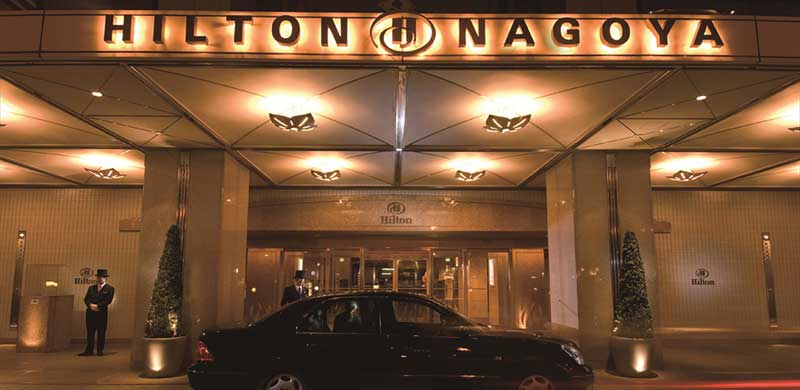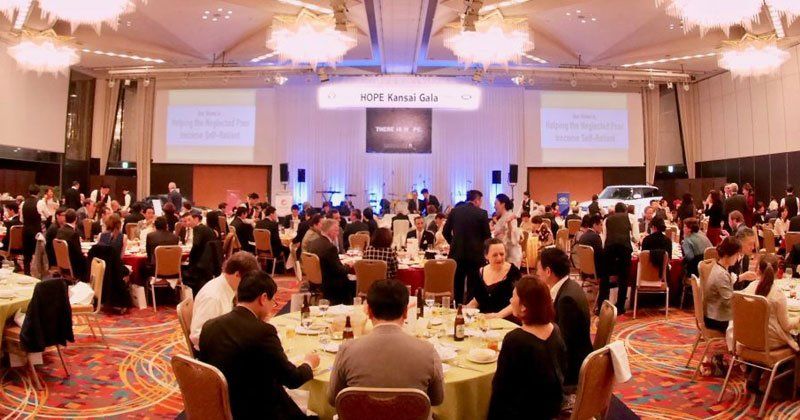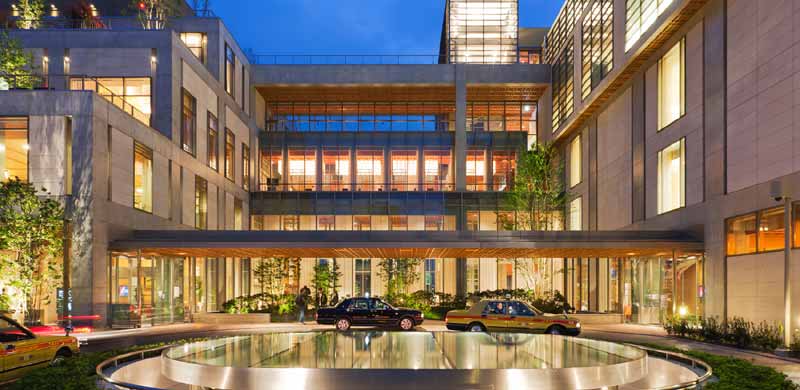Ethiopian Holiday Season
Two major Ethiopian holidays occur in September
The Ethiopian New Year
Some of you may be aware of the peculiarities of the Ethiopian calendar. Unlike in Japan and in many parts of the world, Ethiopia celebrates the New Year on the 11th of September (12th in a leap year). Ethiopians follow a calendar that has much in common with the Coptic calendar, which is 7 years and 8 months behind the Gregorian calendar due to its observance of a different date for Jesus' birth, and thus this New Year will ring in the year of 2014 for the Ethiopians.
Please check this article, from 2019, for more details on the Ethiopian calendar.
The Ethiopian New Year marks the end of the rainy season and the beginning of the harvest and pleasant sunny weather. As in many countries, celebrations start on New Year's Eve. Church services begin at midnight, often lasting till dawn. Children, donned in new clothes, visit their friends, neighbours, and relatives and present them with hand-drawn paintings and flowers, upon which adults reward them with money. Flowers, especially yellow daisies and grass, symbolize the return to life and the end of the rains. It is customary for families to exchange bouquets of flowers (now replaced by New Year cards), and freshly cut grass is strewn on the floors inside of people's homes.
Meskel – Finding of the True Cross
Meskel or ‘cross’ is one of the biggest spiritual festivals celebrated on the 27th of September (28th in a leap year) in Ethiopia that goes back 1,600 years. It celebrates the finding of the original cross on which Christ was crucified and it is registered with UNESCO as an Intangible Cultural Heritage.
It is one of the largest religious festivals in the country and celebrations start on the eve of Meskel with the Demera bonfire in town squares all over the country. A large pyre of wood is put together, surrounded by yellow daisies and green grass to symbolize the New Year. One of the biggest celebrations is held in Meskel Square in Addis Ababa, where thousands gather to kick off the celebrations. Priests holding ornate crosses, archbishops, government officials and many believers dressed in robes sing hymns and dance in front of the pyre. The bonfire commemorates a dream that queen Eleni (Roman Empress Helena) had, which instructed her to light a huge fire to find the True Cross. It is believed that part of the cross was brought to Ethiopia.
Meskel in our project area
Meskel celebrations in our part of south Ethiopia, that is the SNNPR, are especially huge, often lasting a week, sometimes two. Celebrations are held in the local communities at our project sites with their local variations on traditions such as food, dance, and traditional clothes.
Preparations for this holiday start long before the event, when people start saving money to buy clothes and gifts. It is a time when families gather and migrant workers return home. Meat, which is not a common part of their diet, is served plentifully.
Happy New Year and Melkam Meskel ‼
If you find yourself in Ethiopia in September, you'll be able to experience a lot of the national and local culture within the span of a few weeks - public celebrations, foods, sights, and local experiences. However, due to the ongoing pandemic, large celebrations for both these holidays were scaled down in 2020, and looks to be the same this year, with the most recent announcement of a rapidly rising third wave of the pandemic in Ethiopia.
Despite the difficult times, we wish the Ethiopians a safe but Happy New Year and a joyous holiday season.
Enkuan Aderesachihu (Happy New Year), and Melkam Meskel (Happy Meskel).

